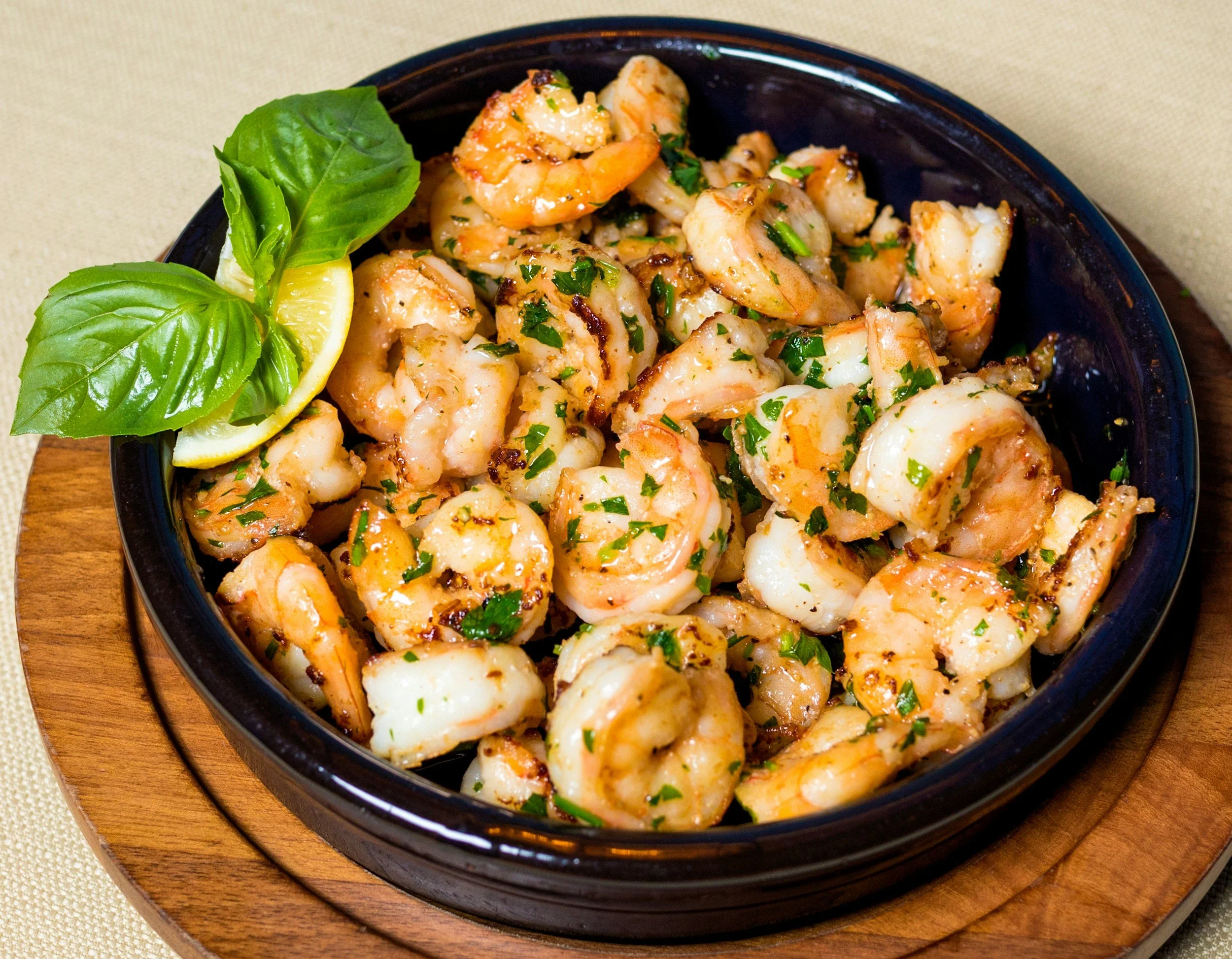Beyond the Hype: The Science behind developing healthy eating habits
/Americans’ thinking about food has shifted dramatically over the past 2 decades. With major changes to the food industry (think the introduction of GMOs, the mainstreaming of organic foods, the popularity of celebrity chefs, and the growing number of documentaries about our eating habits – e.g. “Super Size Me”, and the problems with the industrial food complex), a growing number of people now think that eating healthy is important.
However, although many of us want to eat healthy, or think that we are eating healthy, the evidence says otherwise. In fact, most Americans do not get the recommended daily servings of fruits and vegetables and consume waaaay more sugar and saturated fats than they should.
Despite the shift in thinking about the importance of healthy eating, clinical studies show that there is still a major obesity problem in the US and the UK (and in many other parts of the world that didn’t have an obesity problem 2 decades ago). Diabetes, heart disease, and other diseases linked to poor diet and eating habits are also still on the rise.
photo credit: pexels.com
A big part of the problem can be linked to our habit of eating more highly processed foods than unprocessed or minimally processed foods. Until the 1960s, most people associated “eating out” with going to a relative’s house to eat. Fast food was still a novelty, mostly catering to travelers. Beginning the 1970s, fast food establishments and advertisements increased exponentially, and the food industry stepped up a practice that has now become so routine we don’t even notice it anymore: constantly enticing us with ads for unhealthy, highly processed convenience foods.
A bombardment of convenience food ads is now the trend in virtually every major city in the world.
The more insidious problem, though, is this: some of the foods that are being promoted as “healthy” are now understood by most scientists, wellness advocates, and health professionals to be the causes of chronic illnesses like arthritis, heart disease, and cancer. Some examples of “healthy-not-healthy” foods are canola oil (which is genetically modified and highly processed), dairy foods (which can lead to chronic inflammation), and processed meats, including turkey and chicken (which several studies have linked to cancer).
What if you’ve been trying to eat healthier but can’t seem to break your unhealthy food habits? What if you eat pretty healthy already but want to make some small improvements to your diet? What if you know someone who has a very unhealthy diet and wants to improve his or her eating habits?
First, don’t bother beating yourself up. It’s not going to help you change your habits in the long term. And trying to shame others about their unhealthy eating habits doesn’t help either. In fact, shaming will make them more likely to engage in unhealthy eating out of the guilt you are heaping on their shoulders.
There is a science to eating healthy that can help you develop better habits or make small improvements. Here are 5 things you can do to accomplish those tasks.
photo credit: pexels.com
- Don’t deplete your self-control energy. When you have less metabolic energy during the day, you are going to have a harder time exercising self-control (this applies not only to eating, but to other types of behavior, too). How do you make sure you have a steady supply of self-control energy throughout the day? First, eat breakfast!!! Eating something in the morning, preferably a full, healthy, non-processed food meal (even if it’s just a boiled egg and piece of toast with nut butter and low-sugar jam) will not only give you the start you need without the crash that a coffee-only breakfast will produce, it will help regulate your metabolism (e.g. if you are trying to lose weight, eating regular meals every day helps). One other way you can avoid depleting your self-control energy is to sleep. Most people need at least 7 hours of sleep a night for their bodies to complete the process of self-renewal and healing that helps us function at our best. Put simply: sleep deprivation leads to poor impulse control. However, too much sleep is just as detrimental to your health as not enough.
photo credit: pexels.com
Delay gratification. As Columbia University psychologist Walter Mischel’s “marshmallow experiment” with children in the late 1960's showed, delaying gratification, or in other words, exercising self-control, is a cognitive and emotional skill set that one can learn (though it’s easiest to learn if you begin as a child). Developing the ability to delay gratification, which is a kind of stress management technique, is not just a skill, however. It's also a major determinant of success in life (even more so than environment, upbringing, or wealth). Delaying your consumption of an unhealthy food will also “trick” the mind into not wanting it. Of course, this doesn’t happen overnight, but with practice, it becomes easier for your body to stop craving unhealthy foods.
- Slow down your eating. How many times have you mindlessly rushed through a meal, only to realize soon afterwards that you ate too much? Eating too fast prevents the body from recognizing when it is full and makes the work of digestion much harder. It also causes bigger fluctuations in your glucose levels, which can lead to metabolic syndrome (a cluster of conditions leading to chronic illnesses). Aside from slowing down, you can also take a break in the middle of your meal. To develop the habit of eating more slowly, try putting down your fork or spoon after every bite, or making a conscious effort to chew each bite at least 10 times. This also helps with digestion, as chewing produces more of the saliva needed to stimulate your body’s ability to break down and absorb the food you consume.
- Allow yourself to cheat. Even the healthiest eaters cheat once in a while (they may not always realize it, though, as foods marketed to them as “healthy” may contain unhealthy levels of fat and sugar). Cheating sensibly and in moderation is ok and actually helps with motivation. Think of it as a reward for good behavior: if you manage to eat healthy for a week, you can eat a less healthy meal or snack on the weekend. The key to enabling this psychological process is to be strategic: plan when and where you’re going to eat that cheat meal, or snack, and focus on a particular cheat option. In other words, restrict your cheating to one burger, or a slice of cheesecake, or a (small) bag of chips. Don’t binge on all 3 at once, in order to enjoy the cheating without going overboard.
4. Make it easier for yourself to cook at home. It’s easy to rationalize eating out by saying you don’t have time to cook. I’m sorry, to say, but this is a lie you tell yourself!! First of all, virtually everyone is too busy these days, so that’s no longer a valid excuse for anything and everything you don’t feel like making time to do. And the fact is, you make time for the things that are important to you, whether that may be zoning out on your instagram feed, playing video games, or spending an hour on the phone with your bestie. Like cheating, cooking is easiest and works out best for your healthy eating agenda when you plan ahead. There are numerous ways you can make it easier for yourself to cook at home, many of which I write about in my book (click the image on the right to read a preview, borrow, or purchase it on Amazon.com). One way is to designate part of one or two days a week to prep, cook, or partially cook meals. Chop a bunch of onions, cook a pot of rice, boil a box of pasta, chop a slew of veggies, cube some chicken or turkey, peel some shrimp. Freeze in small containers, then when you come home from an exhausting day at work/in school/schlepping kids around, all you need to do is throw a few things together with some spices, sauteeing in olive or coconut oil, or make a quick soup with the aid of a pressure cooker or power cooker. Alternatively, throw some veggies and meat in a crock pot with spices and let it all cook while you’re away. Our recipe page has a few other ideas for quick meals, or you can download the meal planner when you sign up for access to our free resource library.
When it comes to developing healthy eating habits, self-control is key. But it’s also fragile. With a little strategy and planning, though, you can make a big difference in how, and what you consume. Your body will thank you for it!
What healthy eating strategies do you use? Use the comment box below to share your own tips. I’d love to hear from you!
Like this? Please pin!









































